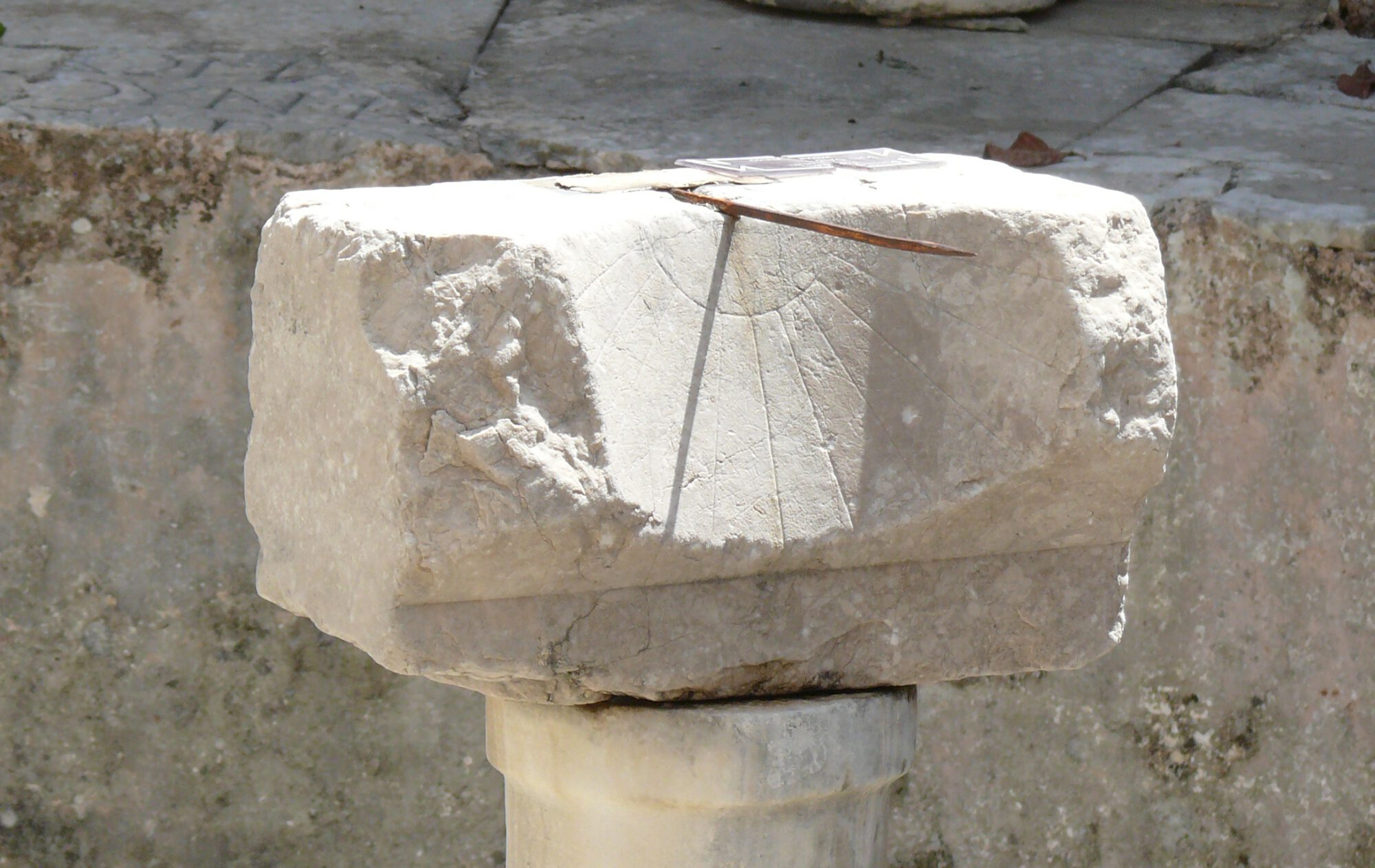On Tuesday 29 November Cathrien Hoijinck (Radboud University) presented her dissertation project about the Córdoba Calendar in the project seminar. The 10th century Córdoba Calendar contains various Coptic elements and Hoijinck suspects that next to a Damascene and Bagdadi prototype there might have been an Egyptian source, perhaps the calendar that was used for the thirteenth-century Long Calendar. In her project, she raises interesting questions about the use of calendars for showcasing erudition and for expressing community boundaries, and for the study of calendars as a potential but problematic source for religious practices.
Opening seminar
Yesterday, 31 October, the project’s opening seminar took place, which focused on a selection of sources. Elsa Lucassen shared her ideas on the role of the Kalends in late antique Egyptian society. Renate Dekker then discussed how monks in the Thebaid seem to have developed the practice of naming weekdays after monastic practices. Eugenio Garosi highlighted the discrepancy in dating formulas used by the Arab government on the one hand and local administration on the other, and suggested ways of understanding this. Sofie Remijsen concluded the seminar with three sources about eating at the ninth hour and focused the discussion on how the actors in each text responded differently to existing customs about dinner time. Dr. Arietta Papaconstantinou (University of Reading) acted as respondent.
